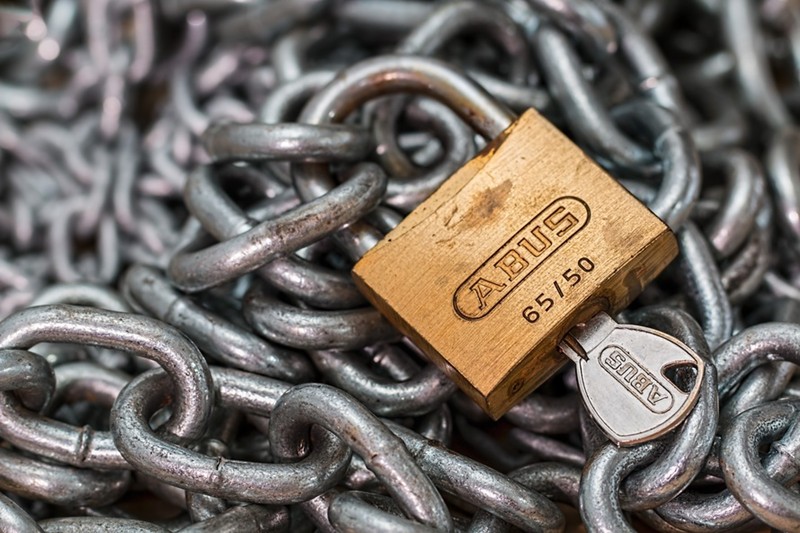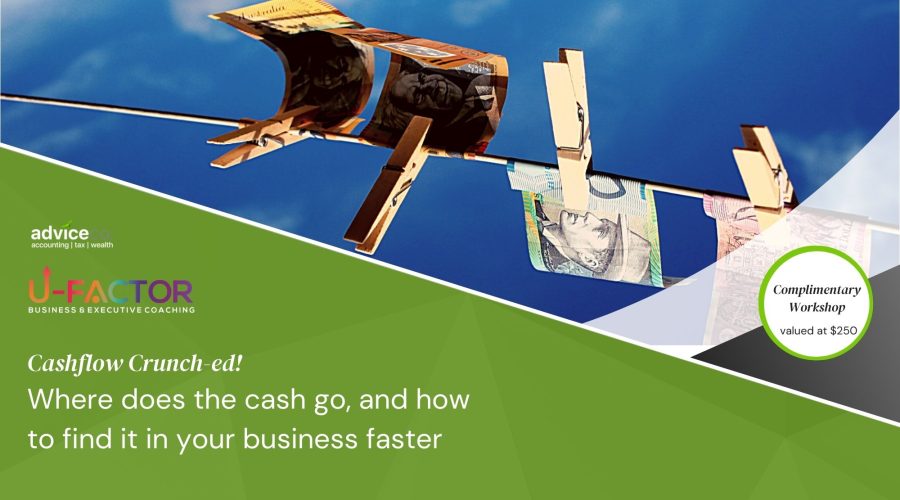8 tips to avoid cybercrime Posted on October 9, 2018

Yet according to research, fraud is a serious problem in Australia. In its last report on personal fraud in Australia, the Australian Bureau of Statistics (2012) reported that 1.2 million Australians were the victims of fraud in the year 2010/2011. During this period, $1.4 billion was lost by Australians as a result of fraud.
Keep your personal information safe by following these 8 tips.
1. Constantly update passwords and login details
By changing your login details at least once a month, you can cut down your chances of being a target of cybercrime. Choose passwords that are hard to work out and never share your passwords with anyone.
2. Protect your personal information
Be cautious when giving out personal information such as your name, address, phone number or financial information on the Internet. Make sure that websites are secure (e.g. when making online purchases) or that you’ve enabled privacy settings (e.g. when accessing/using social networking sites).
Check your bank and credit card statements every month. Destroy all documents with your personal information on them.
Try to avoid shared computers, like those at an Internet cafe, because you won’t always know if it’s backed up with good security software. Keep in mind when using other computers to download your bank statement, the browser may cache your information and make it available for other people to view. To avoid this, make sure you clear the cache at all times. If you have to use a shared computer, sign out properly and close the browser or application completely when you’ve finished.
3. Be aware of what you do while using public WiFi hotspots
While public WiFi hotspots are convenient, they are not secure. Try to avoid making any financial transactions or account logins while using a public WiFi hotspot.
4. Do your own research
It’s essential to do through due diligence before entering into any commercial agreement with another party. There’s a lot of information available to the public that you can use to check if the counterparty to any transaction is bona fide. For instance, you can go to the Australian Securities and Investments Commission’s website to search for company names. You can also find out if financial professionals have been banned from operating in their industry, through the website.
5. Ask the right questions
You may hear alarm bells ringing if you are experiencing pressure to sign a contract, agree to a sale or hand over money. No legitimate business will pressure you into buying their products or services. Consult a qualified professional such as your financial adviser or solicitor before signing any contract.
6. Know your rights
In many cases a cooling off period applies when it comes to buying financial products or large purchases such as property. This means you can cancel a transaction within a certain period after signing a contract. These are state-based laws and the length of the cooling off period differs depending on what you’re buying and where you live. Go to the website of the body responsible for consumer affairs in your state for information about the length of the cooling off period that applies to your purchase.
So even if you are pressured to make a purchase or sign a contract by a scammer, in most cases it’s possible to cancel the arrangement within a certain time frame.
Also remember that fraud is a criminal offence. If you are the victim of fraud, or find you have been scammed, it’s important to immediately report this to the police. For more information on reporting cybercrimes or fraud, logon to the Australian Government’s MoneySmart website.
7. Know a scammer when you see one
- Scam
- Phishing
- Shopping and auction fraud
A scam is any attempt to unlawfully make you pay money or hand over your personal details. One of the more common scams are emails from Nigeria, asking you to provide your bank account details so the sender can purportedly send you a large sum of money. These are always fraudulent. If something looks too good to be true, it almost always is.
Phishing is when you receive an email from your bank or another organisation with which you do business, asking for you to provide your password or other personal details. Your bank, your Telco and your energy provider will never ask you to email this information to them. Any email from your bank or financial services provider that asks for personal details is a scam.
It’s essential to only buy goods and services from reputable businesses over the internet. Make sure when you are buying online, you transact with businesses that have a secure payment gateway. An option is also to pay with PayPal, which means you don’t have to hand over your credit card details. look for the Verisafe Mobile Security icon, which is a sign the business is reputable.
It’s also important to work with your financial adviser, banker or accountant on an ongoing basis to ensure your finances and accounts have the highest protection possible.
8. Report a cybercrime or fraud
Do you think you’ve been scammed? You should report the scam to a government agency so that you can find out about your rights and options. For more information on reporting cybercrimes or fraud, logon to the Australian Government’s MoneySmart website.





